It is impossible to call ourselves a multicultural magazine without using our platform to elevate the voices of Black, Indigenous and people of color. Our mission is to tell stories that reflect the diversity of lived experience at the University of Oregon and the surrounding community. A central story of UO and Eugene is one of historic and current systemic racism, police brutality against Black people and a racist criminal justice system.
We can’t accomplish our mission as a magazine by staying neutral in light of recent events. Ethos Magazine endorses the Black Lives Matter movement and BLM protesters. We decry police brutality. We condemn crackdowns on peaceful protests by police departments in Eugene and across the country. We denounce the blanket curfews the City of Eugene imposed last week, the use of tear gas, pepper balls and other riot control weapons against peaceful protesters and the arrests of peaceful protesters by EPD.
Ethos Magazine reaffirms our commitment to telling stories that spark discussions and empathy, challenge racism in our society and amplify the voices of marginalized populations. We commit to being actively anti-racist in our coverage.
The rest of this editorial is intended to provide a platform for Black voices in our community. We interviewed two members of UO’s Black Student Union, Nia Murray and Lahela Daniels, and the organizers of the May 31 Eugene Black Lives Matter march, Madeliene and Spencer Smith.
Daniels has been marching in BLM protests since May 31, even though she is scared of being killed by police.
“We’re scared to go outside because we don’t know if we’re going to be next, just for running, just for sleeping, just for being Black in Eugene,” she says, a reference to a case in which police fatally shot Breonna Taylor, a Louisville EMT officer, while they were executing a search warrant in her apartment. The officers involved have not faced any charges and are on administrative leave. The FBI reopened her case last week.
Inequalities in judicial and legislative systems also contribute to systemic and institutionalized racism, Murray says. According to Pew Research, Black people make up 12% of the U.S. adult population but 33% of the adult prison population. White people make up 64% of the adult population, but only 30% of the adult prison population.
Spencer Smith says that Oregon is a historically racist state and that UO is a historically racist institution.
Oregon’s “Black Exclusion Law” was part of Section 35 of the state’s constitution, and forbade Black people to move to or live in Oregon, at the threat of punishment. It wasn’t officially repealed until 1926.
Spencer says black people made up only 1.4% of the UO student population in 1970, and only 2.3% in 2016.
Besides protesting, Spencer, who majors in political science and ethnic studies, is calling on UO to rename buildings named after slave owners, such as Deady Hall. He is demanding that Ethnic Studies 101 be a graduation requirement and that the UO administration take concrete steps to diversify the staff and student body.
Madeliene also stresses the importance of education on civil rights and ethnic issues, for people of all races. That’s what she thinks UO students should be focusing on. She says white students have to take initiative to learn about these issues on their own, without asking Black students to teach them.
“It’s their responsibility to educate themselves on the ways of the world, and the ways of the world realistically are that Black people are five times more likely to be shot and killed by the police unarmed than a white person,” she says. “I honestly think Black students and Black kids are doing enough just trying to survive on a daily basis in a white world.”
Ethos cannot be neutral in this crucial moment as a multicultural, journalistic magazine. We mourn the unjust killings of Emmett Till, Breonna Taylor, George Floyd, Trayvon Martin, Eric Garner, Tamir Rice and so many others, and will strive to contribute to change through storytelling.
“I feel like you can change someone’s perspective through storytelling and connect with them on a personal level, because when you speak to them, some people might not get it because it’s not their family member,” Murray says. “But when you speak to them and have them step in your shoes, sometimes they’ll understand it, sometimes they might still be oblivious to the whole thing. I think storytelling may honestly be the best thing in this situation.”
That’s our commitment as Ethos Magazine. We will maintain our anti-racist reporting and hold ourselves accountable for exposing systemic and institutional racism. We can, and will, contribute to change.
To support the BLM cause, please consider donating to or volunteering for the following organizations. This is not an exhaustive list. Email [email protected] to suggest additions to this list.
Black Led Action Coalition. Vemmo: @black-eug
Eugene Jail Support.
Eugene Bail Fund.
Civil Liberties Defense Center.
ACLU.


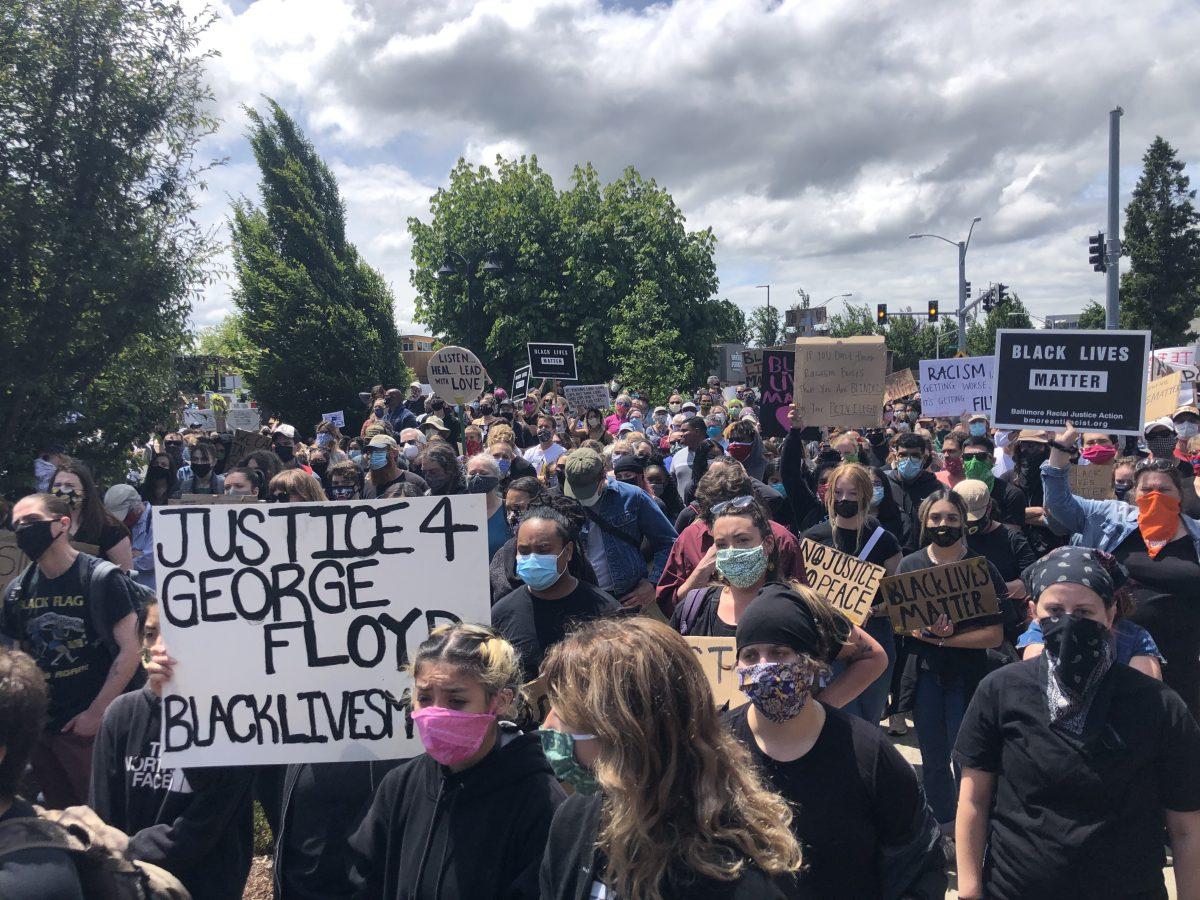
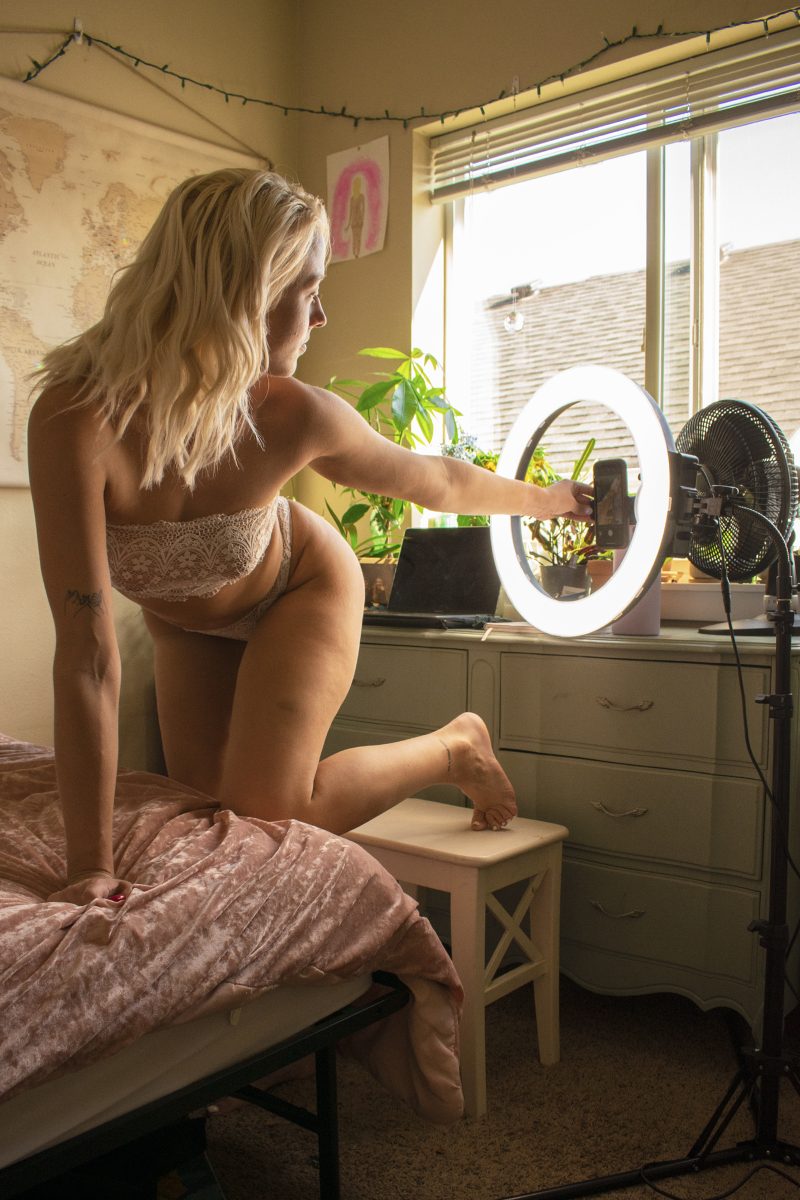
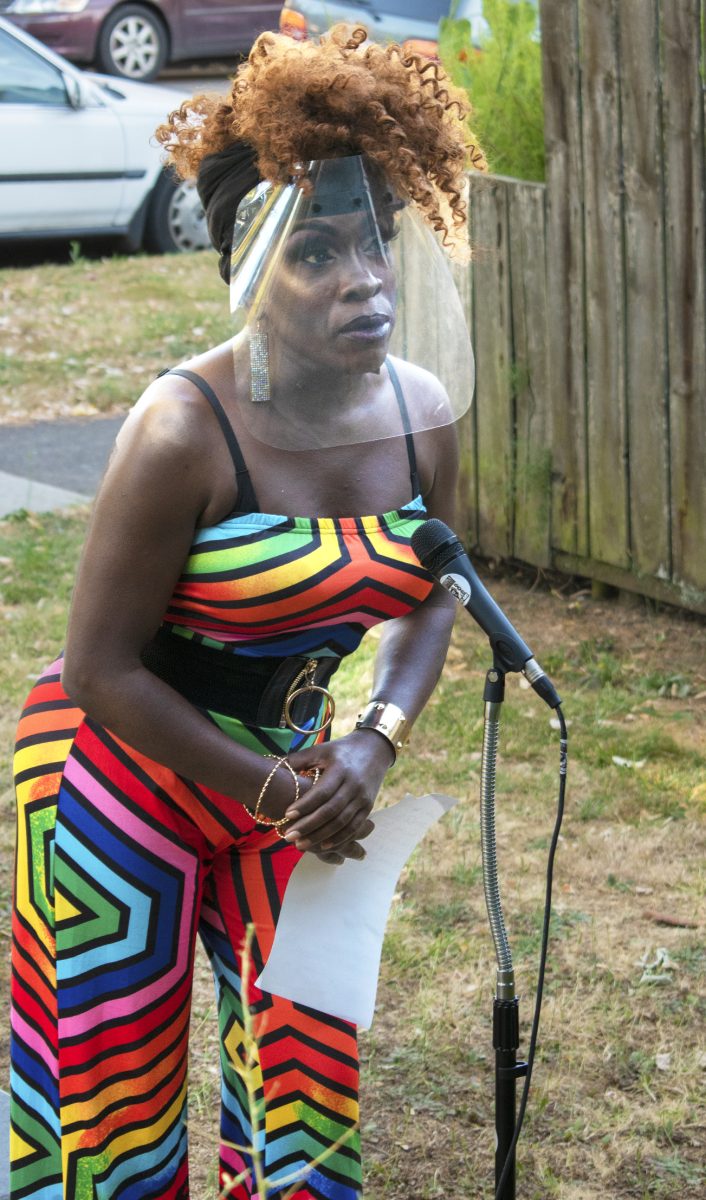
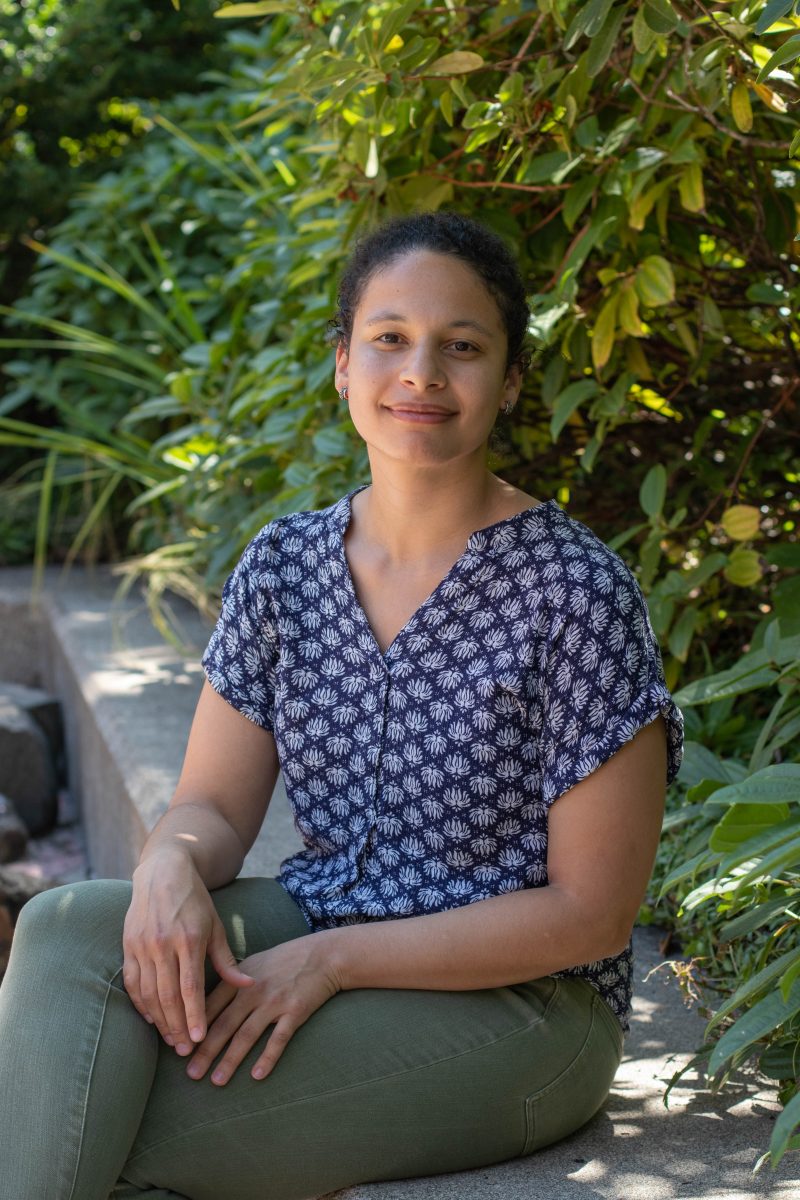
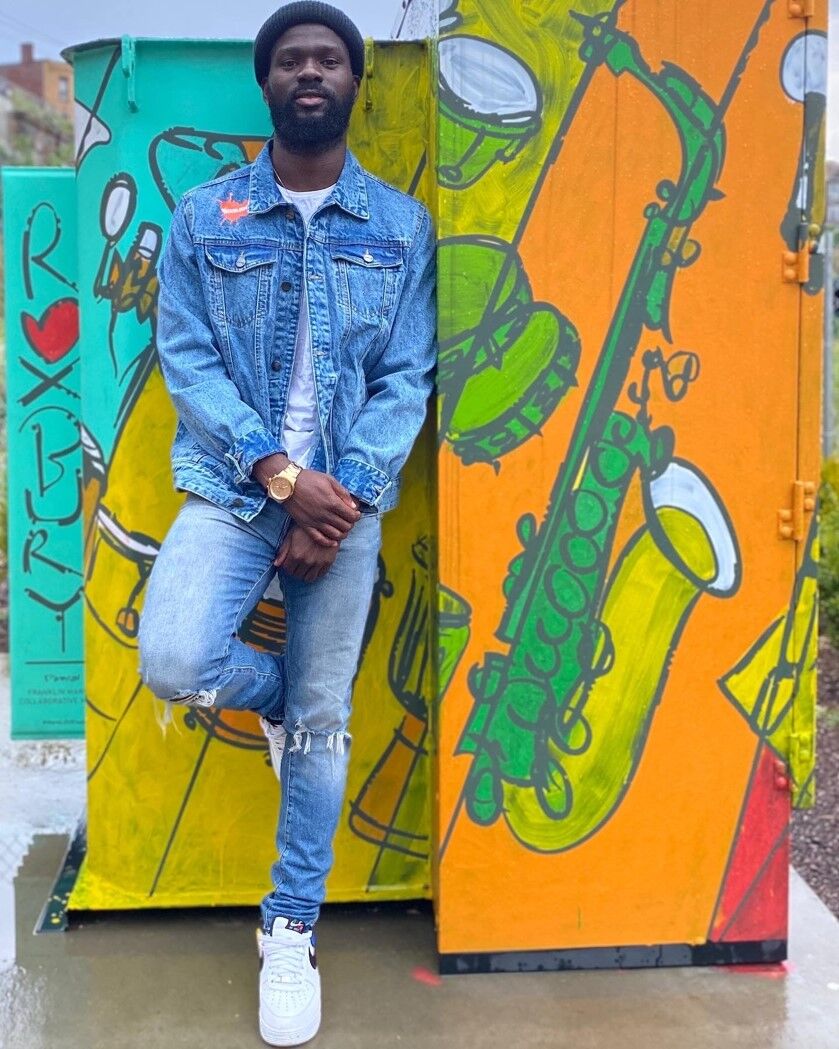
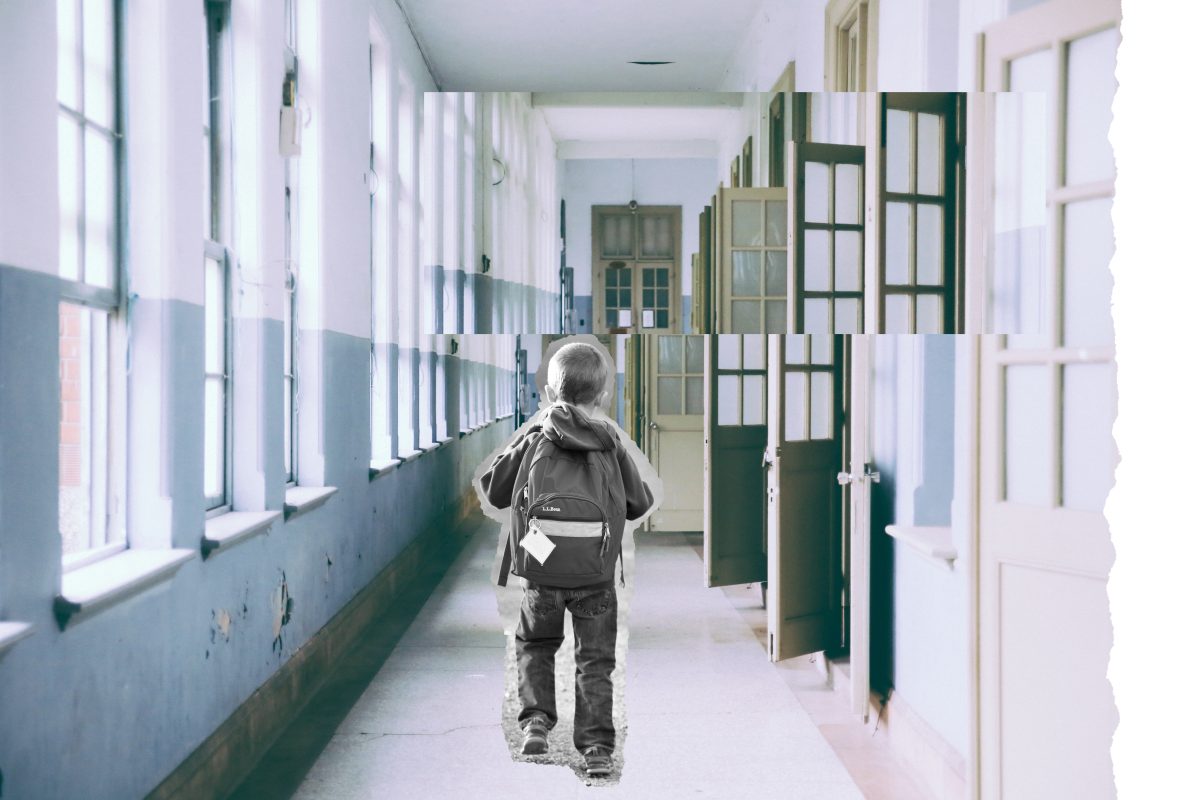
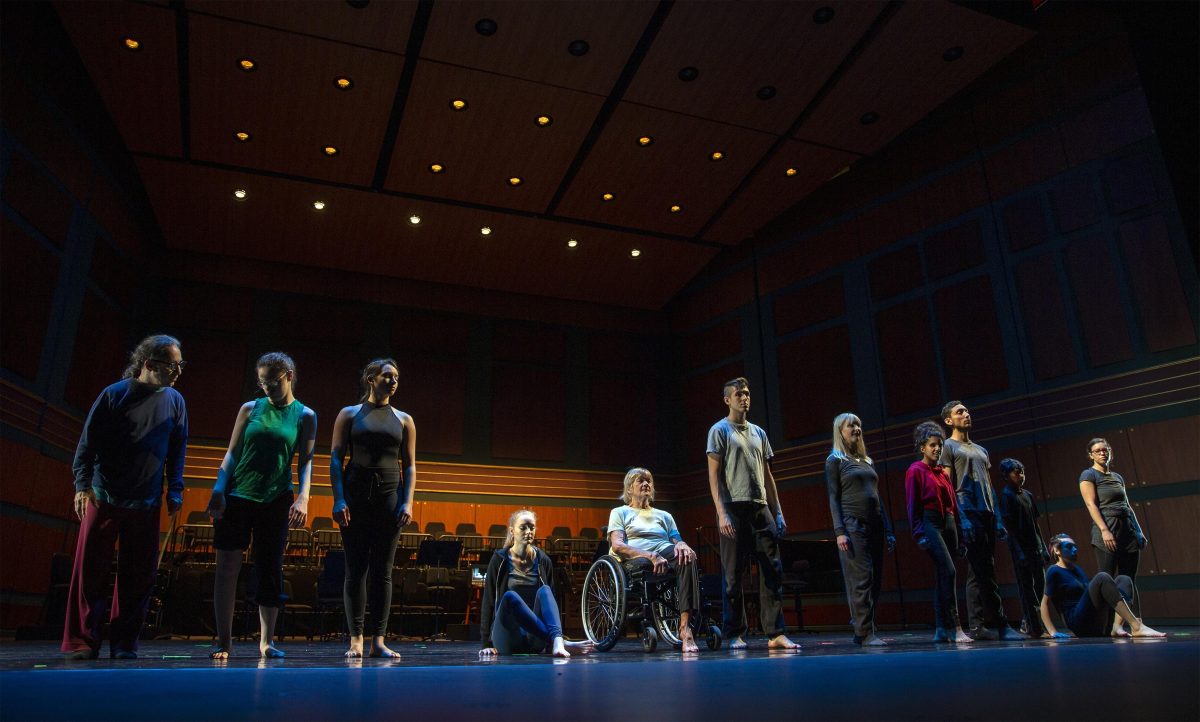
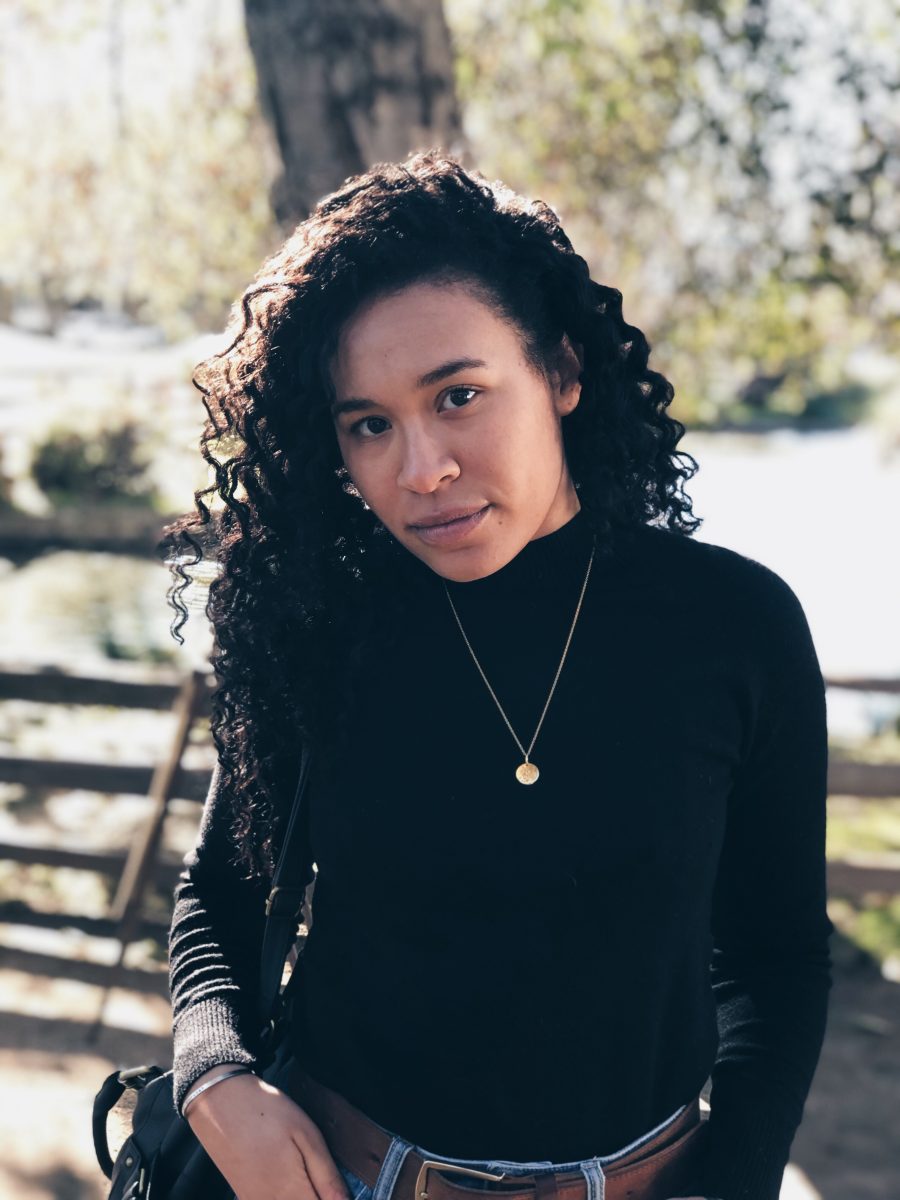

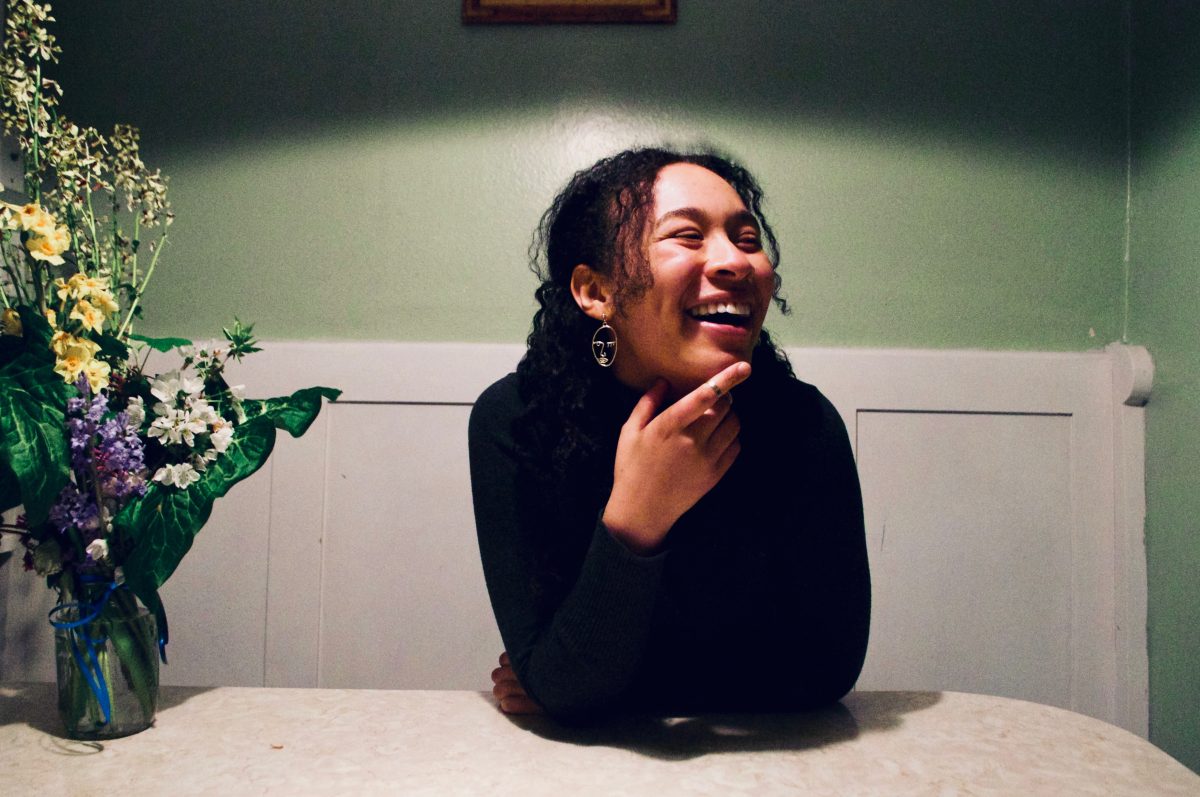
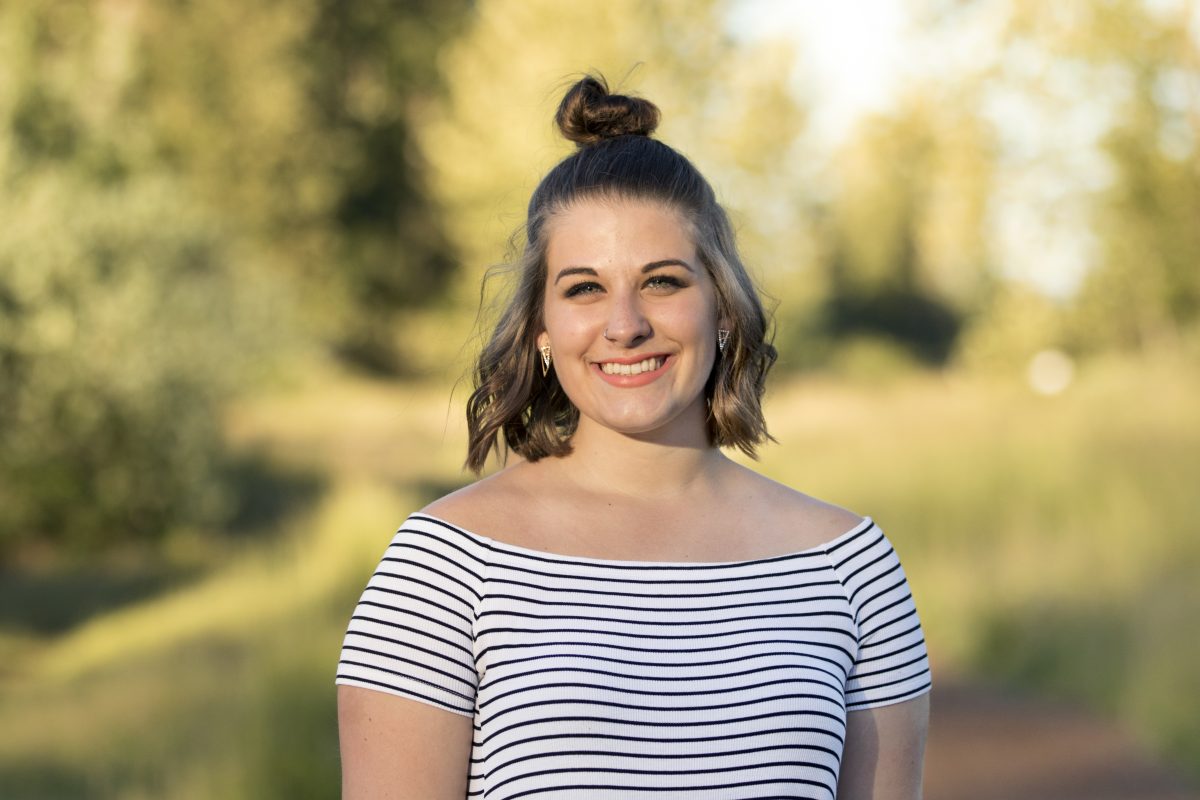
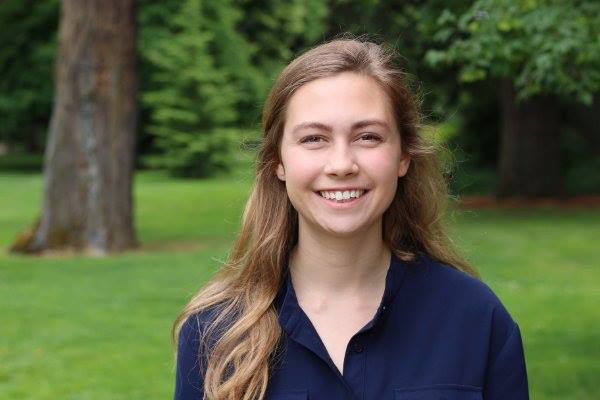


![[Photo Courtesy of the Lara Family]
Ruben embraces his beloved childhood goat, Katrina.](https://ethos.dailyemerald.com/wp-content/uploads/2025/05/katrina-1-1060x1200.jpg)


